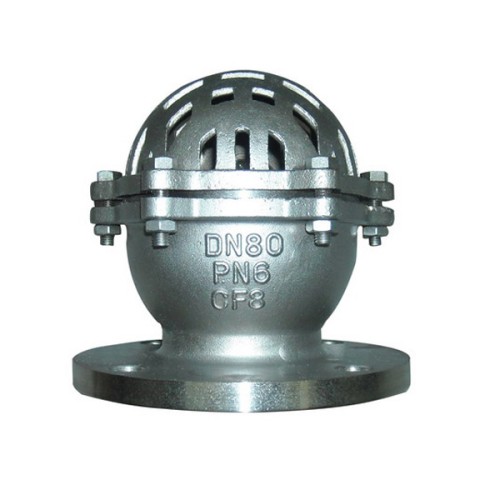ball valve for gasoline
Understanding Ball Valves for Gasoline Applications
Ball valves are crucial components in various industrial applications, including the handling and transport of liquids like gasoline. These valves are known for their durability, reliability, and efficiency in controlling the flow of fluid. In this article, we will explore the importance of ball valves specifically for gasoline applications, their features, and considerations for selection and maintenance.
What is a Ball Valve?
A ball valve is a quarter-turn valve that uses a spherical disc, known as a ball, to control the flow of fluid through it. The ball has a hole or port in its center, which aligns with the flow path when the valve is open, allowing fluid to pass through. When the valve is turned a quarter turn, the ball closes off the flow, providing a quick and reliable shutoff mechanism. This design makes ball valves an excellent choice for applications where tight sealing and swift operation are important.
Importance in Gasoline Applications
Gasoline is a volatile substance that requires careful handling to ensure safety and efficiency. Using ball valves in gasoline applications provides several advantages
1. Fluid Control Ball valves allow for precise regulation of gasoline flow, making them ideal for applications ranging from refueling stations to fuel distribution systems.
2. Quick Operation The quarter-turn mechanism allows for rapid opening and closing, which is crucial in emergency situations where immediate flow control is required.
3. Durability Constructed from high-quality materials, ball valves are resistant to corrosion and wear, ensuring longevity even in challenging environments.
ball valve for gasoline

Considerations for Selection
When choosing a ball valve for gasoline applications, several factors should be taken into account
- Material It is essential to select materials that can withstand the corrosive nature of gasoline. Common materials include stainless steel and certain plastics that offer resistance to chemical degradation.
- Pressure Rating Ensure the ball valve can handle the specific pressure requirements of the gasoline system. This includes knowing the maximum and minimum pressures the valve will experience during operation.
- Temperature Range Gasoline applications may involve varying temperatures. It’s crucial to choose a ball valve that operates effectively within the required temperature range.
- Regulatory Compliance Always ensure that the selected ball valve meets industry standards and regulations, particularly those concerning safety and environmental impact.
Maintenance Tips
Regular maintenance of ball valves is essential to ensure their longevity and reliable performance. This includes
- Periodic inspection for leaks or signs of wear. - Lubricating the valve stem and seals to reduce friction. - Ensuring that the valve operates smoothly without any obstructions.
In conclusion, ball valves are an integral part of gasoline systems due to their efficiency, durability, and safety features. Proper selection and maintenance will ensure that they contribute to the safe and effective handling of gasoline across various applications.
-
The Key to Fluid Control: Exploring the Advantages of Ball Valves in Industrial SystemsNewsJul.09,2025
-
The Versatile World of 1, 2, and 3 Piece Ball ValvesNewsJul.09,2025
-
Stainless Steel Ball Valves: The Ideal Choice for Efficient Flow ControlNewsJul.09,2025
-
Optimizing Fluid Control with Ball Float ValvesNewsJul.09,2025
-
Manual Gate Valves: Essential for Control and EfficiencyNewsJul.09,2025
-
Everything You Need to Know About Butterfly ValvesNewsJul.09,2025
-
The Versatility of Wafer Type Butterfly ValvesNewsJul.08,2025




